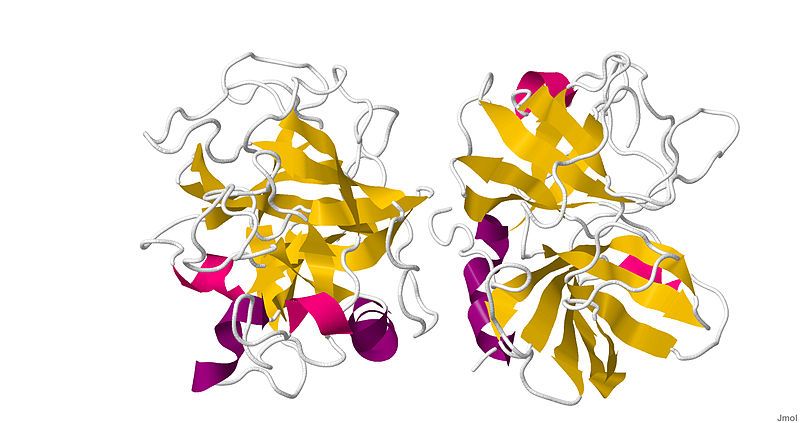
Achillion Pharmaceuticals has dosed the first subject in a Phase I multiple ascending dose (MAD) trial to investigate ACH-5228 for the treatment of complement-mediated diseases.
ACH-5228 is a new oral small-molecule inhibitor of factor D.

Discover B2B Marketing That Performs
Combine business intelligence and editorial excellence to reach engaged professionals across 36 leading media platforms.
Achillion is expected to enroll around 38 subjects outside the US as part of the randomised, placebo-controlled, MAD trial. Patients will be distributed into four separate cohorts.
The trial’s primary objective is an assessment of safety and tolerability. Its secondary objectives comprise evaluation of pharmacokinetics (PK), pharmacodynamics (PD), and alternative pathway inhibition biomarkers to determine a PK/PD relationship for ACH-5228.
The trial is expected to be concluded in the third quarter of this year.
Achillion Pharmaceuticals executive vice-president and chief medical officer Steven Zelenkofske said: “This important clinical milestone for our next-generation oral factor D inhibition program marks an exciting time at Achillion as we pursue safe, effective and innovative treatments for patients with complement-mediated diseases.

US Tariffs are shifting - will you react or anticipate?
Don’t let policy changes catch you off guard. Stay proactive with real-time data and expert analysis.
By GlobalData“With ACH-5228’s profile, we aim to evolve our oral factor D portfolio to enable alternative pathway inhibition throughout a variety of rare diseases.”
In a previous single ascending dose study, ACH-5228 showed improved potency and pharmacokinetic properties compared to Achillion’s first-generation factor D inhibitor ACH-4471.
This data is anticipated to provide additional inhibition of alternative pathway (AP) and to reduce the frequency of dosing for patients with immune-related diseases of AP of the complement system.





